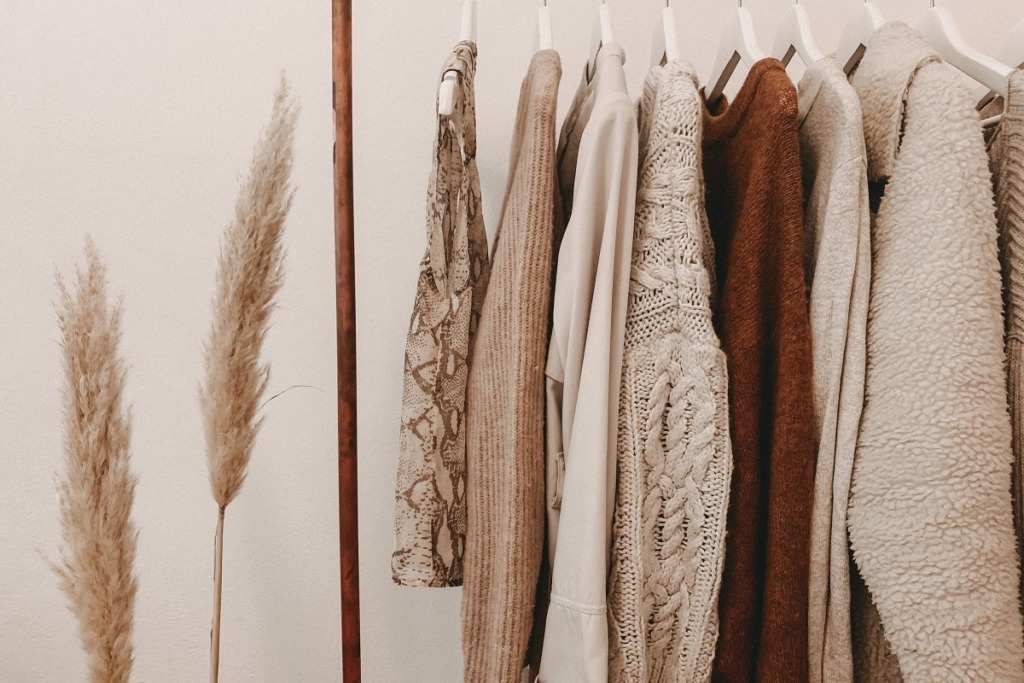
Fashion is the Second Most Polluting Industry
Written by Katrina Naish - A Fitting Connection
In 2017 The series War on Waste reported that every hour Australians dump 36 tonnes of fabric waste every 1 hour. Which adds up to over 315,000 tonnes every year.
However, The Australasian Circular Textile Association (ACTA) report that figures were widely underestimated and our bad habits have increased. In fact, the figures are closer to 15 tonnes of textile waste every ten minutes (90 tonnes every 1hr). Which adds up to almost 800,000 tonnes, or 31 kilograms per person, every year.
Did you know that on average we are buying 60% more clothing than we did 15 years ago? Apart from perhaps having more disposable income, our lives have not changed that dramatically to suggest that we could possibly need and wear more clothing. And to make it worse we are keeping our clothing half as long. Many of our grandparents would have been lucky to have 10 different outfits. And whatever clothing they did have they would have worn it thin and then mended it or repurposed it.
One In 6 People Report They Bin 3 Garments Worn Only Once.
While Australia has a very small clothing production industry, we haven’t seemed to let that curb our shopping habits. Because Australia is the highest consumer of textiles per capita than anywhere else in the world outside of the US.
Should we mention the problems that our shopping habits have on 3rd world countries like Ghana? Imagine 20 meter high mountains of landfill with it being estimated 60% of that is textile waste.
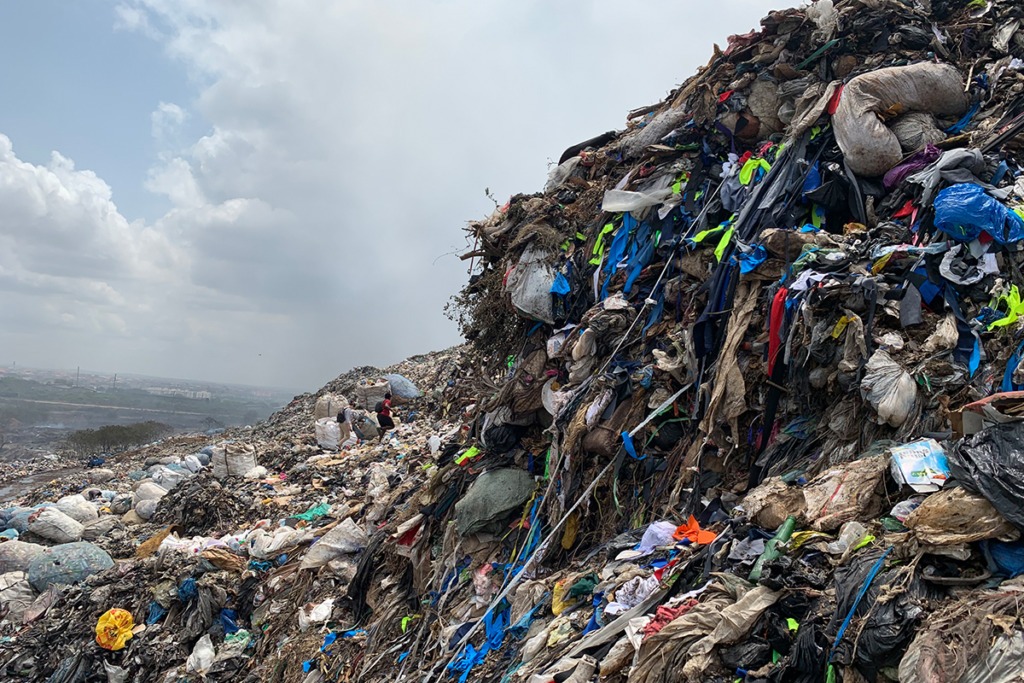
On top of all this, fashion production is responsible for 10% of the worlds carbon footprint.
How Can We Be Passionate About Fashion?
How can we be passionate about fashion when there is so much of it and the quality doesn’t withstand a reasonable life span. The answer is simple we become passionate about the right clothing and supporting the brands and businesses that are doing the best they can. Because many of us clothing is more than covering up and staying warm. It’s a way we express ourselves and make ourselves feel good.
For those of us that LOVE fashion, love to shop, love a new item and how it makes us feel, it’s so hard not to be an average Australian that only wears 40% of their clothing. But it doesn’t mean you have to go without it just means you need to be smarter and more purposeful.
6 Steps To Maintain Your Passion And Reduce Your Impact
While these figures are huge, we just need to concentrate on our own wardrobe. The aim here is to ensure the items in your wardrobe all have a purpose and you’re no longer contributing to the 31kg heading to landfill each year.
1. Sort & Reduce
Ensure the items in your wardrobe are wearable. Those items that are not, sort them
- Repair
- Alter
- Sell
- Donate
- Recycle
2. No More Impulsive Buys - Start Shopping More Purposefully.
When you’re creating an outfit at home, start a list of those items you’re missing to complete an outfit or helps you create multiple outfits. Then when you go shopping ensure you stick to the list.
3. Second-Hand Shopping
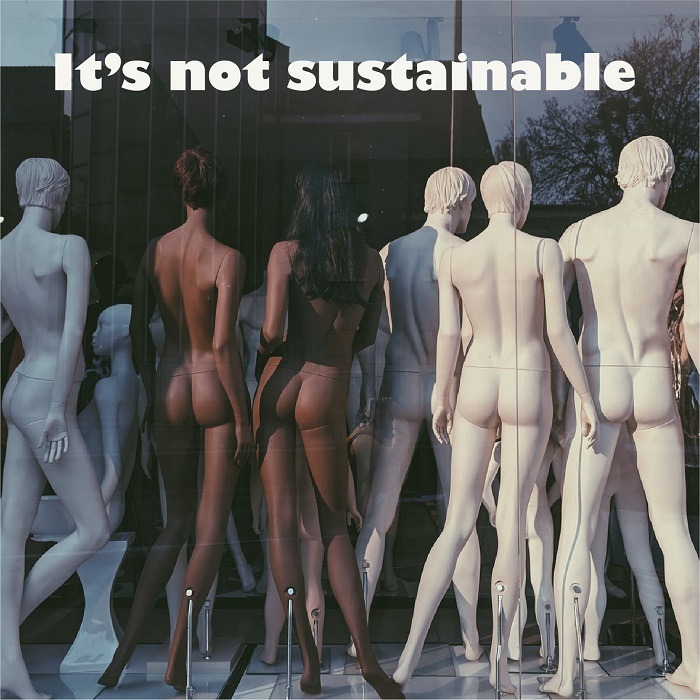
There are some great op-shops out there but these days there are also great platforms and marketplaces such as Populace Threads making shopping second-hand easier. When buying second-hand ensure that you look for quality fabrics.
4. Do Your Research
When buying new items, be sure to purchase clothes from labels that are working hard to make a difference. There are several platforms and apps popping up such as Ekko World that help you find ethical fashion brands.
5. Don’t Over Wash
Washing wears, you’re clothing out just as much as wearing them. So, ensure your only washing your items when you need to. If you can’t see or smell the dirt, it’s safe to say the clothing doesn’t need washing. Here are our suggestions on how many times can you wear before you wash. And remember to wash in cold water as it’s better for the environment and you’re clothing.
- Dresses: 1-3 wears & spot clean if possible
- Jeans: 3-4 wears & spot clean when needed
- Tops: 2-3 wears & spot clean if possible
- Leggings: After each wear depending on activity level
6. Special Occasion Outfits
Buying is out of fashion and rent or borrowing is in
Putting into practice these 6 steps will ensure that you’re no longer contributing to the epic textile waste. Instead, you will be extending the life of clothing, which if you can extend the life by 9months you would reduce the carbon waste and water footprint by 20-30%
We highly recommend watching or reading Foreign Correspondent: Dead White Man’s Clothes
Be purposeful
6 Steps To Reducing Your Fashion Footprint 6 Steps To Reducing Your Fashion Footprint 6 Steps To Reducing Your Fashion Footprint
It’s hard to be passionate It’s hard to be passionate It’s hard to be passionate It’s hard to be passionate

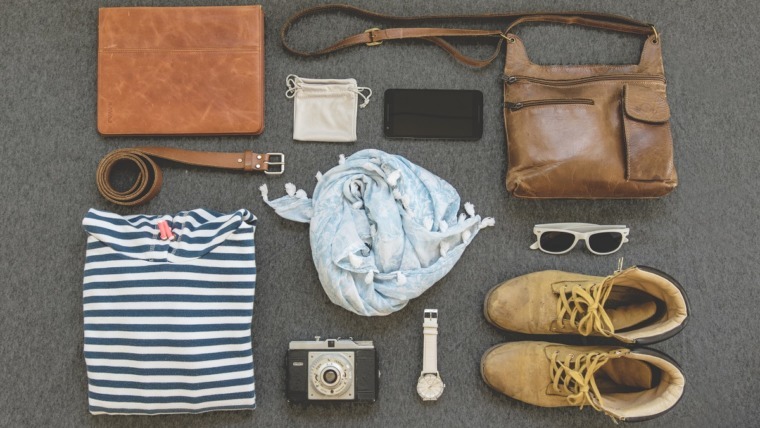
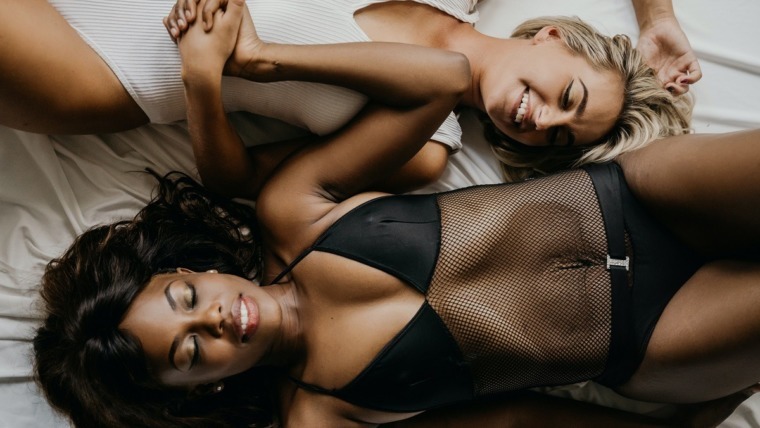
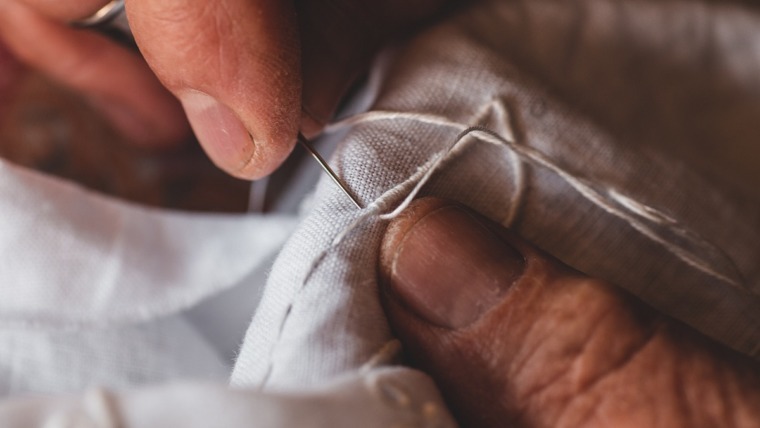
14 Comments
What a fantastic read! Insightful and inspiring. Thanks for sharing some great tips Katrina!
After living for 2 years in Vietnam with enough cloths for a 4 week holiday it really has been an eye opener in terms of what we actually need v’s want and what we can do without.
This is mind blowing. Crazy to think that something that we do casually is having such an impact.
What a refreshing & sobering article. There are so many ways to shop smarter, make clothes last longer and be diligent about what we are wearing and where it’s come from.
Thank you for compiling such significant date & info. There’s so much here to share.
Those statistics are very sobering. I buy a lot of preloaded clothing and it’s amazing how many things are donated unworn and still with tags on
Love your work, Rachael. Isn’t it amazing how many people buy something and don’t return it because stores make it difficult or people haven’t wanted the item badly enough to wear it before it doesn’t interest them or fit them any longer?
I’ve tried to have a year off buying things first hand. It’s hard but so worth it! Loving all the 2nd hand shops and insta shops people are setting up. Aja Barber has a great book on this too!
Love you work Nat. When I ask my children now about buying things and there is an option of looking at the op-shop first they will always respond with enthusiasm as we often find other goodies they like as well.
90 tonnes every hour! Mind blowing. Love these tips thanks
Hard to get your head around it isn’t it.
Hard to get the head around it isn’t it? It will take all of us to curve this
Fast fashion is the pits. Not only is it an environmental disaster, it’s often awful quality and fit. I have definitely become far more purposeful in my purchases. It has the side benefit that it makes you think about what really suits you, so you end up with a more wearable and flattering wardrobe.
Totally. We are working with an Australian brand that is focused on educating women on their colours and body shapes and know what will suit them best. It really is worth spending the time to understand and learn this so that you can ensure everything in your wardrobe works.
Some great tips here, thankyou! I really struggle to put clothes in the bin. I always feel they could be worn more, even if not by me, and often donate or sell.
That’s great to hear. There are some great 2nd hand platforms popping up